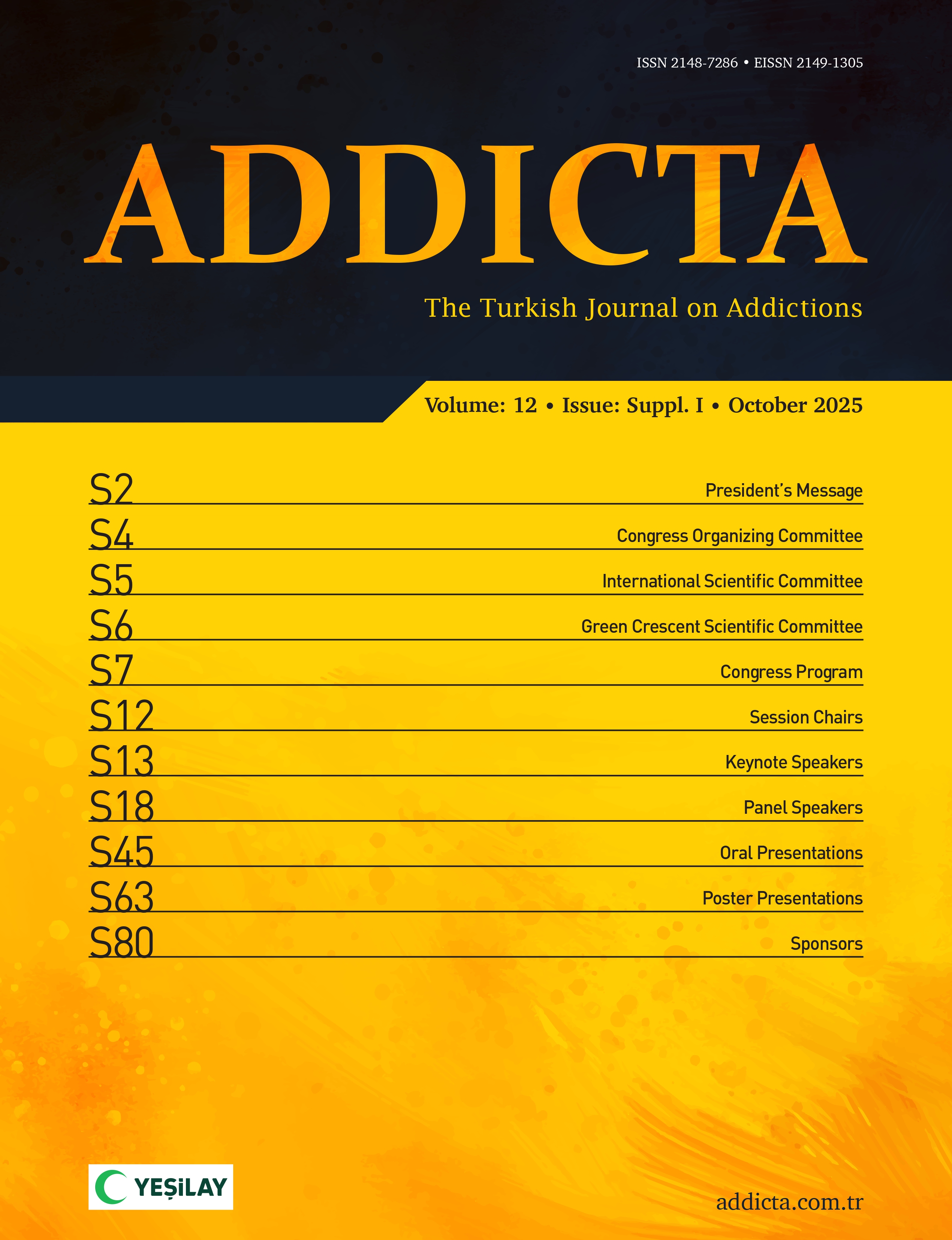The tobacco epidemic is one of the biggest public health threats facing the world. This study aimed to determine the smoking status of minibus drivers in Samsun and evaluate the effect of fear of COVID-19 on the prediction of smoking cessation success. The population of this cross-sectional study consisted of midibus and minibus route drivers in the central districts of Samsun. A questionnaire including COVID19 status, COVID-19 Fear Scale, Fagerström Nicotine Dependence Test, changes in smoking habits, and Smoking Cessation Success Prediction Scale were applied to the participants. The smoking prevalence of 267 participants was 52.0%, and 1.1% had quit smoking during the pandemic. In this period, 12.2% of the current smokers had decreased their smoking, while 7.2% had increased it. While there was no correlation between the COVID-19 Fear Scale and the Fagerström Nicotine Dependence Test (p = .163) and the Smoking Cessation Success Prediction Scale (p = .645), there was a significant correlation between the Fagerström Test for Nicotine Dependence and the Smoking Cessation Success Prediction Scale (p = .005). The pandemic increases the will and desire to quit smoking and affects individuals in terms of quitting/reducing smoking more than increasing it.
Cite this article as: Akgül, E., & Arslan H.N. (2025). Evaluation of the effect of fear of COVID-19 on the prediction of smoking cessation success in midibus and minibus drivers of in XX province. Addicta: The Turkish Journal on Addictions, 12(2), 127-135.

.png)


.png)
.png)